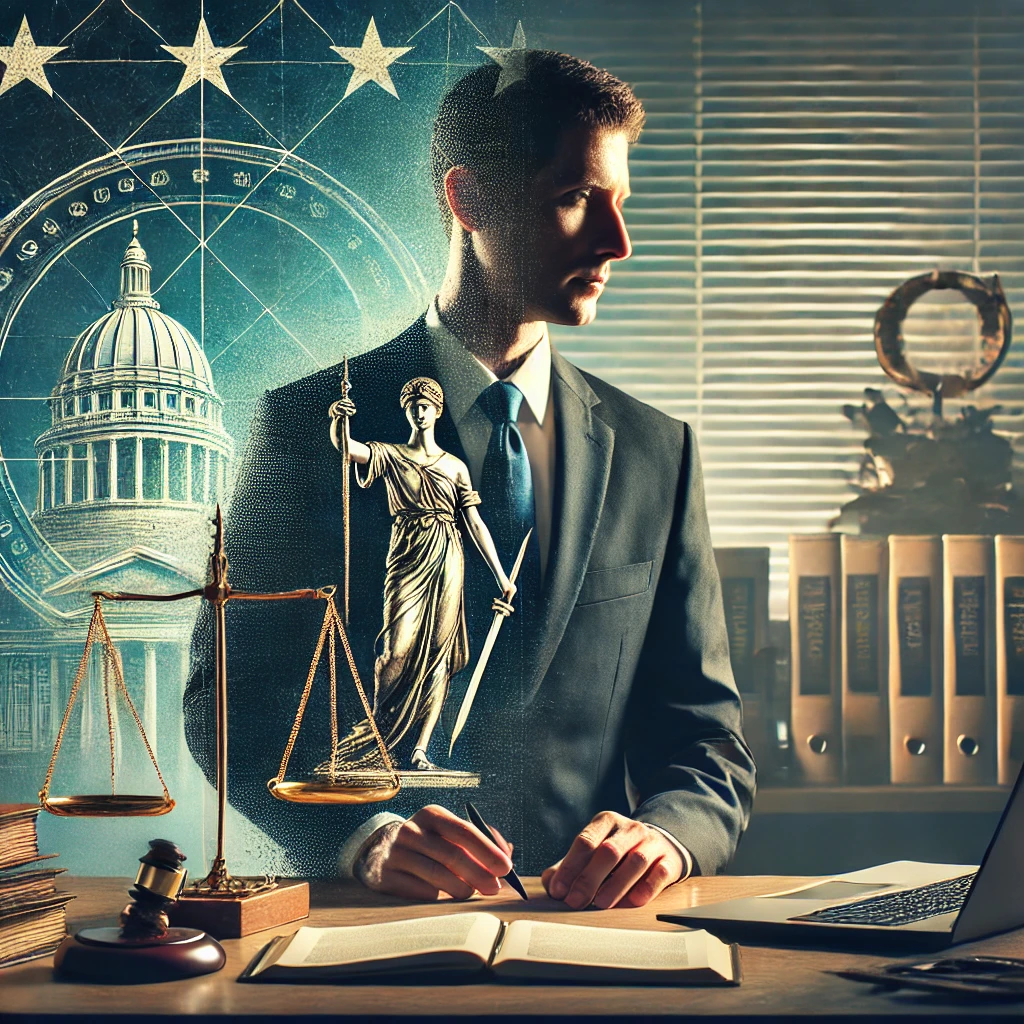The Washington Rules of Professional Conduct (RPC 1.11) are essential in managing conflicts of interest that arise when government officers or employees transition to private practice or vice versa. This rule is critical in maintaining public trust and ensuring legal ethics are upheld when lawyers with government experience handle private matters.
Key Provisions of RPC 1.11
RPC 1.11, titled Special Conflicts of Interest for Former and Current Government Officers and Employees, lays out guidelines that prevent unfair advantages and protect the integrity of government service and private practice.
- Restrictions on Representing Private Clients
According to RPC 1.11(a), a lawyer who served as a government officer or employee is prohibited from representing a private client in any matter they personally and substantially participated in during their government role. This prevents any potential conflict of interest where insider knowledge might unfairly benefit a private client. - Screening Procedures for Law Firms
When a lawyer is disqualified under RPC 1.11, their law firm can still represent the client if the lawyer is effectively screened from participation and does not share in the fee. These screening procedures are vital to ensuring that no improper influence is exerted and that the client is represented fairly, preserving legal ethics. - Obligations for Current Government Employees
For lawyers currently serving in government positions, RPC 1.11(c) prohibits involvement in any matter where they have a personal or financial interest. This ensures that government officers act impartially and ethically in all legal matters. - Informed Consent
In some cases, a conflict of interest may be resolved if the government agency involved gives informed consentin writing. This ensures transparency and enables the firm or lawyer to continue representing a client while adhering to RPC 1.11.
The Importance of RPC 1.11
RPC 1.11 plays a critical role in preserving public trust by ensuring that lawyers with government experience do not leverage their insider knowledge for the benefit of private clients. The rule helps protect the integrity of government service and maintains high standards for legal ethics within law firms.
For a detailed understanding of RPC 1.11, you can review the full rule here.
Why Choose Blanford Law?
At Blanford Law, we are committed to upholding the highest standards of legal ethics in every case. We understand the complexities of managing conflicts of interest, especially when transitioning from government service to private practice. Our team follows strict screening procedures and ensures that any potential conflicts are handled in full compliance with RPC 1.11.
To see what our clients have to say, visit our Blanford Law Reviews. If you have any concerns about conflicts of interest or are seeking informed legal guidance, contact Blanford Law today for a consultation.

📚 Additional Resources
Enhance your understanding of legal ethics and compliance with these insightful articles:
- RPC 1.7 Conflict of Interest
A detailed exploration of Washington RPC 1.7, defining when a conflict of interest arises, how it must be disclosed, and steps attorneys should take to maintain client trust and avoid ethical violations. - Washington Supreme Court Upholds Eviction Moratorium
Analysis of the State Supreme Court’s decision to uphold Washington’s eviction moratorium, including implications for landlords, tenants, and legal obligations during public emergencies. - RPC Violations Suits – Season 2 (Washington)
Highlights recent RPC violation lawsuits in Washington, showcasing real-world examples of ethical breaches and their outcomes to inform better legal practice standards. - Understanding RPC 1.3 Diligence in Legal Representation
Covers RPC 1.3’s duty of diligence, outlining best practices for timely, thorough legal representation and strategies for avoiding professional responsibility pitfalls. - “A Few Good Men” Legal Ethics
Uses scenarios from the film A Few Good Men to illustrate key legal-ethical lessons—especially on candid communication, counsel duties, and moral dilemmas in law.
